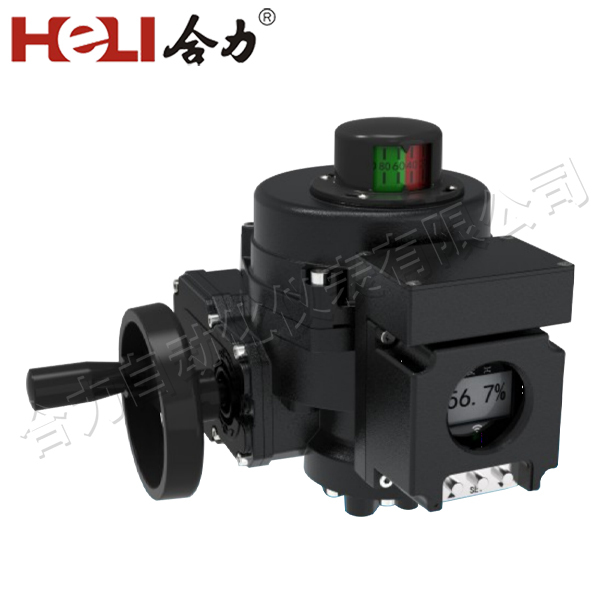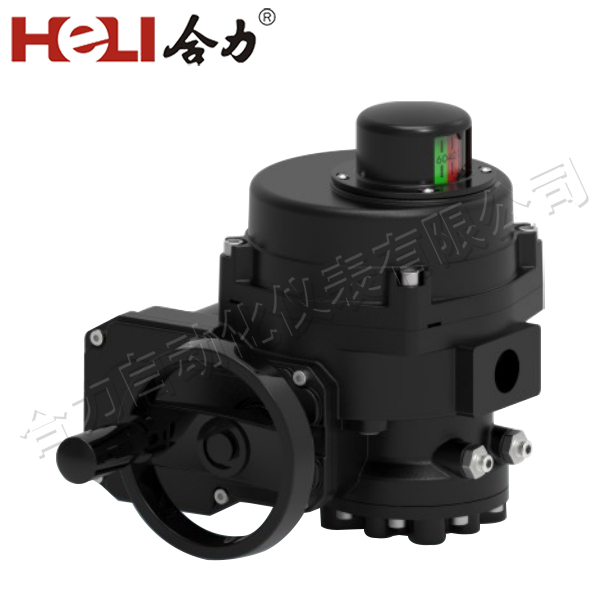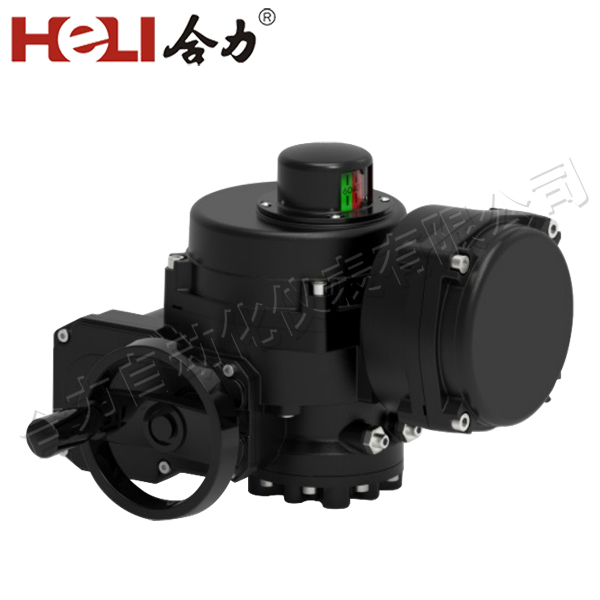Lithium battery electric actuators represent a significant advancement in the realm of automation and energy efficiency. These devices combine the power of lithium battery technology with the precision and reliability of electric actuators, enabling a wide range of applications across industries such as robotics, aerospace, automotive, and industrial automation. In this article, we will explore the core features, advantages, and future prospects of lithium battery electric actuators.

What is a Lithium Battery Electric Actuator?

At its core, a lithium battery electric actuator is a type of actuator powered by a lithium-ion or lithium-polymer battery. Actuators are devices that convert energy (usually electrical energy) into mechanical motion, typically to control a specific process or system. These actuators are driven by electric motors and used in various applications that require precise and reliable movement, such as opening and closing valves, moving robotic arms, or adjusting components in an industrial assembly line. Lithium batteries are chosen as the power source for these actuators because of their superior energy density, long lifespan, and lightweight properties. Lithium-ion batteries, in particular, are favored for their ability to store a large amount of energy in a relatively small volume, which is critical for applications where space and weight are important factors.

Leave a Reply